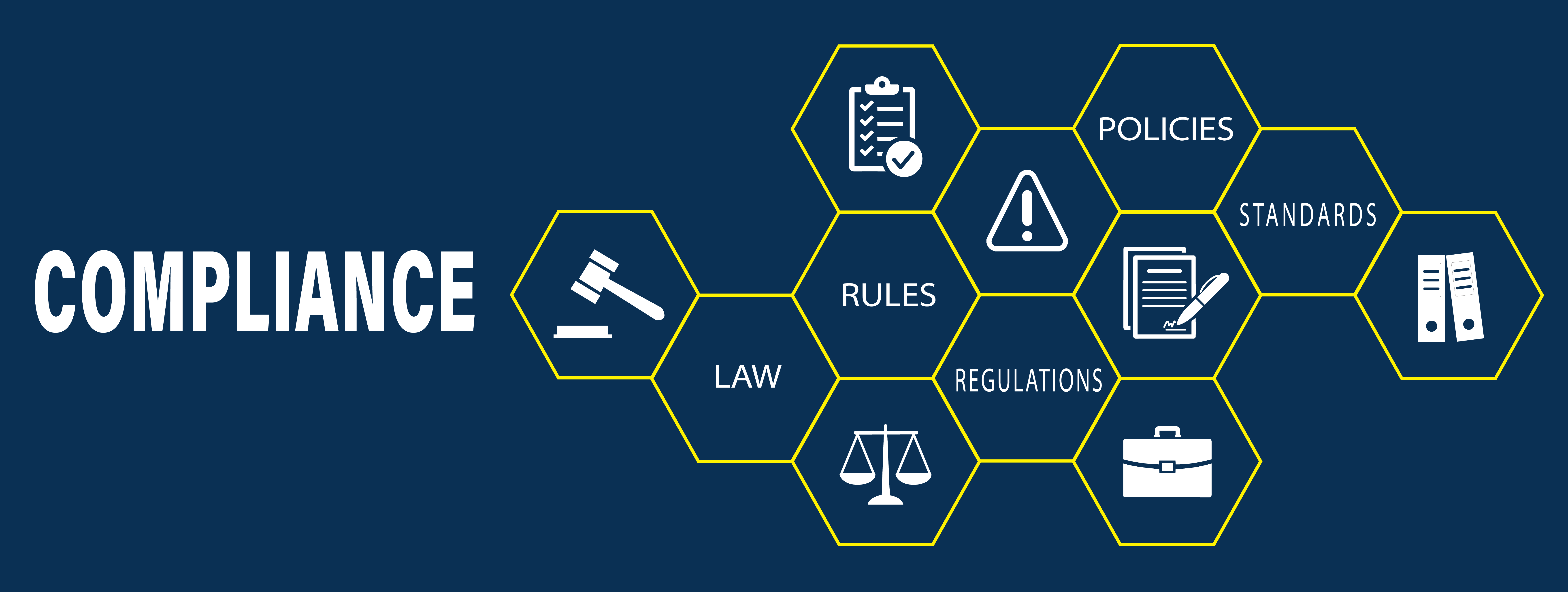Telemedicine & HSA Relief Included in 2023 Consolidated Appropriations Act
December 22, 2022
Normally a telemedicine plan (whether stand-alone or built into a group health plan) is not compatible with a health savings account (HSA) unless the telemedicine plan has a deductible or charges a fair market value (FMV) fee each time participants use the service until the minimum deductible required for a qualifying high deductible health plan (HDHP) is met.
Congress granted temporary relief from this requirement for 2021 in the Coronavirus Aid, Relief, and Economic Security (CARES) Act and then extended it for part of 2022 in the Consolidated Appropriations Act (CAA) 2022. This relief was set to expire on December 31, 2022, in which case telemedicine plans offered in conjunction with a qualifying HDHP would have had to start charging FMV fees as of January 1, 2023 in order for employees to remain eligible to make or receive HSA contributions.
However, Congress has included language in Consolidated Appropriations Act (CAA) 2023 that temporarily extends this relief for another two years. The bill has not yet passed Congress but it’s highly likely that it will pass before the end of the year. It’s also possible the telemedicine relief language won’t make it into the final bill but we think that is unlikely.
Assuming the language makes it through the final bill as is, then calendar year plans can take advantage of this relief and not charge FMV fees on their telemedicine plans starting January 1, 2023 through the end of the 2024 plan year without impacting HSA eligibility. For non-calendar year plans, the effective date is less clear and we may need to wait for guidance from the IRS to understand how the relief will apply to those plans.
We will provide an update once the bill actually passes and is signed into law (hopefully) confirming the relief has in fact been extended.
While every effort has been taken in compiling this information to ensure that its contents are totally accurate, neither the publisher nor the author can accept liability for any inaccuracies or changed circumstances of any information herein or for the consequences of any reliance placed upon it. This publication is distributed on the understanding that the publisher is not engaged in rendering legal, accounting or other professional advice or services. Readers should always seek professional advice before entering into any commitments.



